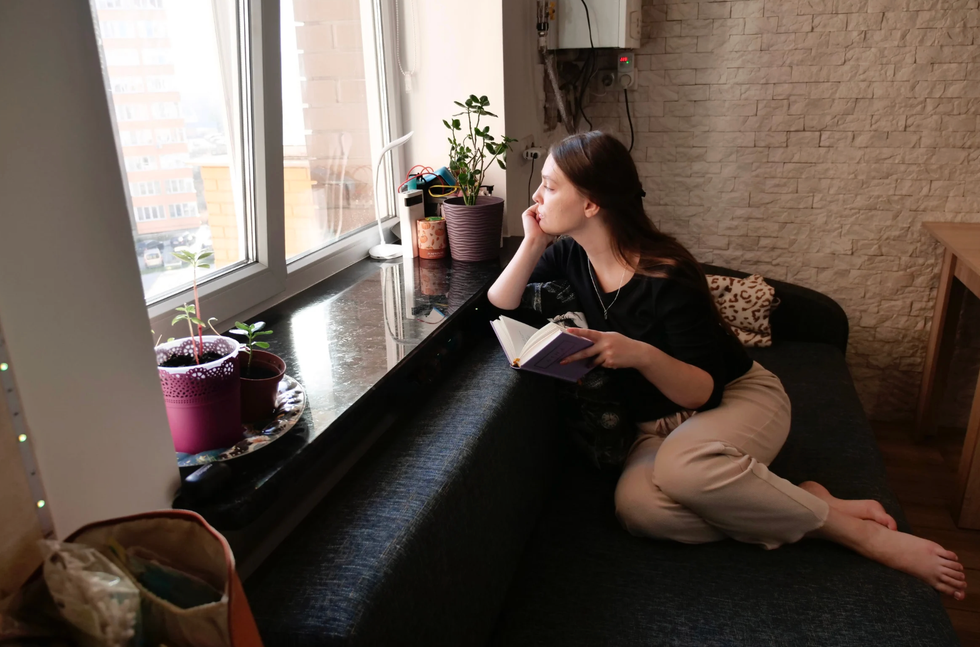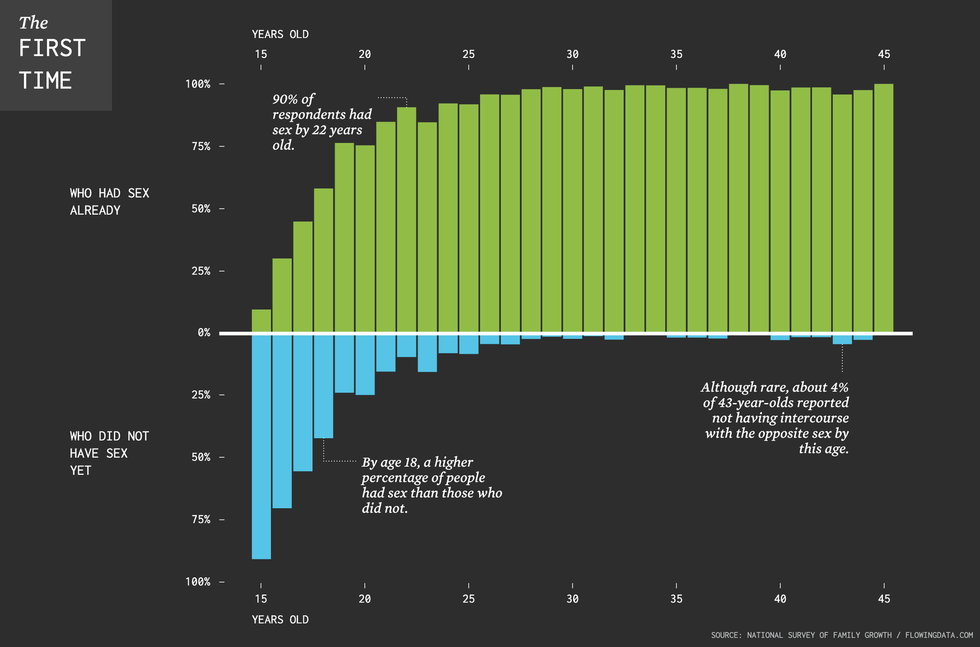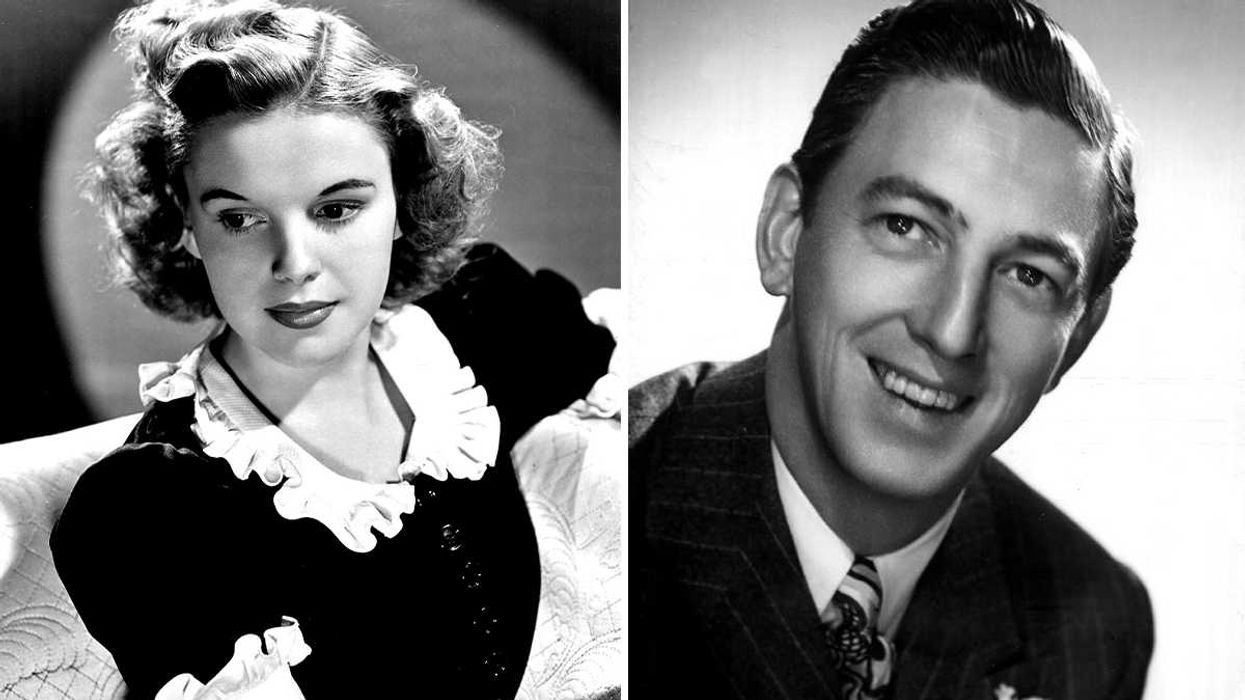When the world seems to be falling apart, there’s nothing more relaxing than watching someone slice a cake with expert precision or make latte art that defies human imagination. A video by Luksan Wunder recently showed what the flip side looks like—and believe me, watching a tomato get squished by a dull knife is the visual equivalent of nails on a chalkboard.
Oddly satisfying photos and videos, on the other hand, take food porn to a new dimension. While there are many definitions of “oddly satisfying,” for the most part it means rare instances of perfection. How often are your vegetables sliced in mathematically perfect squares? Or maybe the better question is how often do you ice cupcakes without thoroughly botching at least a dozen of them?
There’s a reason we feel good when we watch things go right. It’s called mood management theory, and as Indiana University Media School assistant professor Jessica Gall Myrick explained to Refinery29, “It's the idea that genres of media get implicitly associated with certain feelings.” Basically, you start to assign feelings to certain types of media the more you interact with them. And who doesn’t assign feelings of elation with images of a perfect world?
If you need a quick pick-me-up (which, let’s face it, we all do), look no further than these oddly satisfying food Instagrams.

















 An octopus floating in the oceanCanva
An octopus floating in the oceanCanva


 A woman relaxes with a book at homeCanva
A woman relaxes with a book at homeCanva An eviction notice is being attached to a doorCanva
An eviction notice is being attached to a doorCanva Gif of Kristen Bell saying 'Ya basic!' via
Gif of Kristen Bell saying 'Ya basic!' via 
 The chart illustrates that between ages 16 and 20, roughly half the population loses their virginity. By age 22, 90% of the population has had sex.
The chart illustrates that between ages 16 and 20, roughly half the population loses their virginity. By age 22, 90% of the population has had sex. A group of young people hold their phonesCanva
A group of young people hold their phonesCanva
 (LEFT) Judy Garland as Dorothy Gale and (RIGHT) Ray Bolger as Scarecrow from "The Wizard of OZ"CBS/
(LEFT) Judy Garland as Dorothy Gale and (RIGHT) Ray Bolger as Scarecrow from "The Wizard of OZ"CBS/  (LEFT) The Wonderful Wizard of Oz children's novel and (RIGHT) The Wizard of Oz movie poster.William Wallace Denslow/
(LEFT) The Wonderful Wizard of Oz children's novel and (RIGHT) The Wizard of Oz movie poster.William Wallace Denslow/ 
 A frustrated woman at a car dealershipCanva
A frustrated woman at a car dealershipCanva Bee Arthur gif asking "What do you want from me?" via
Bee Arthur gif asking "What do you want from me?" via